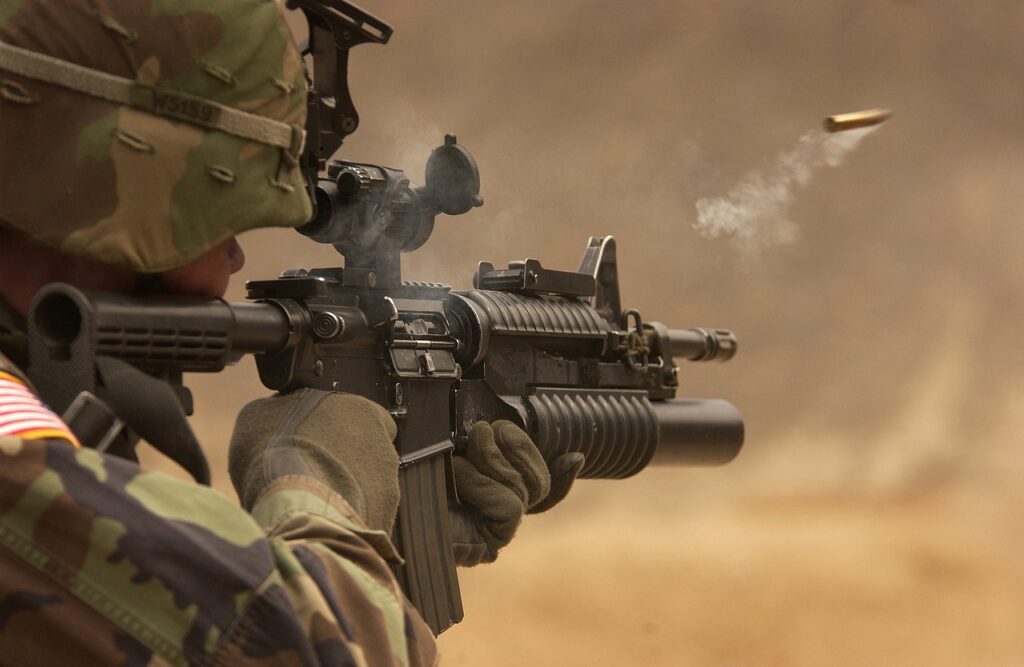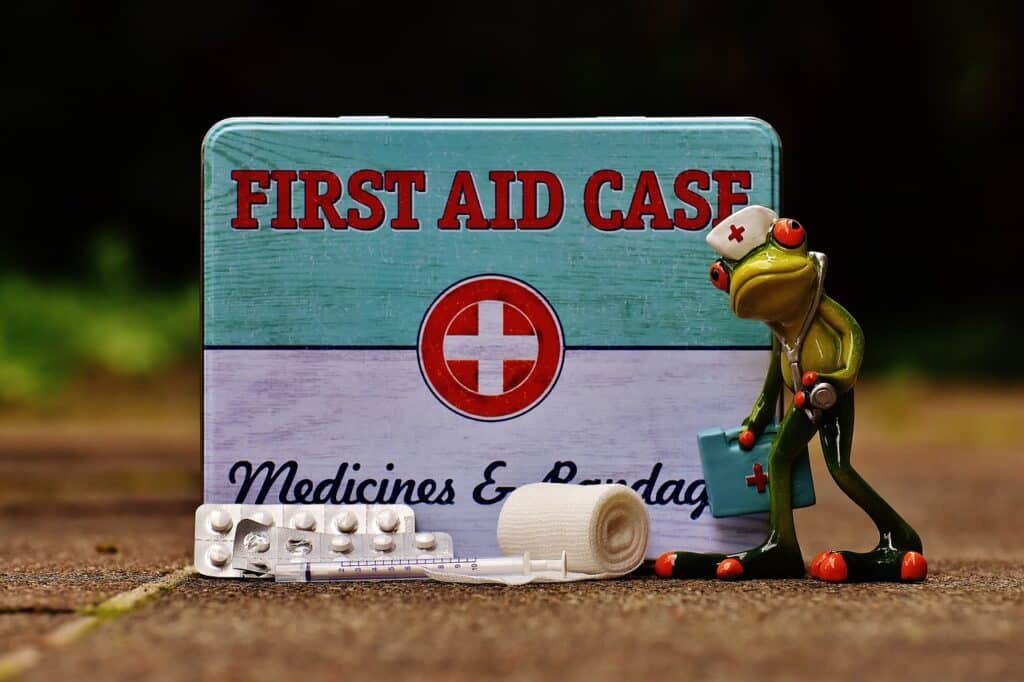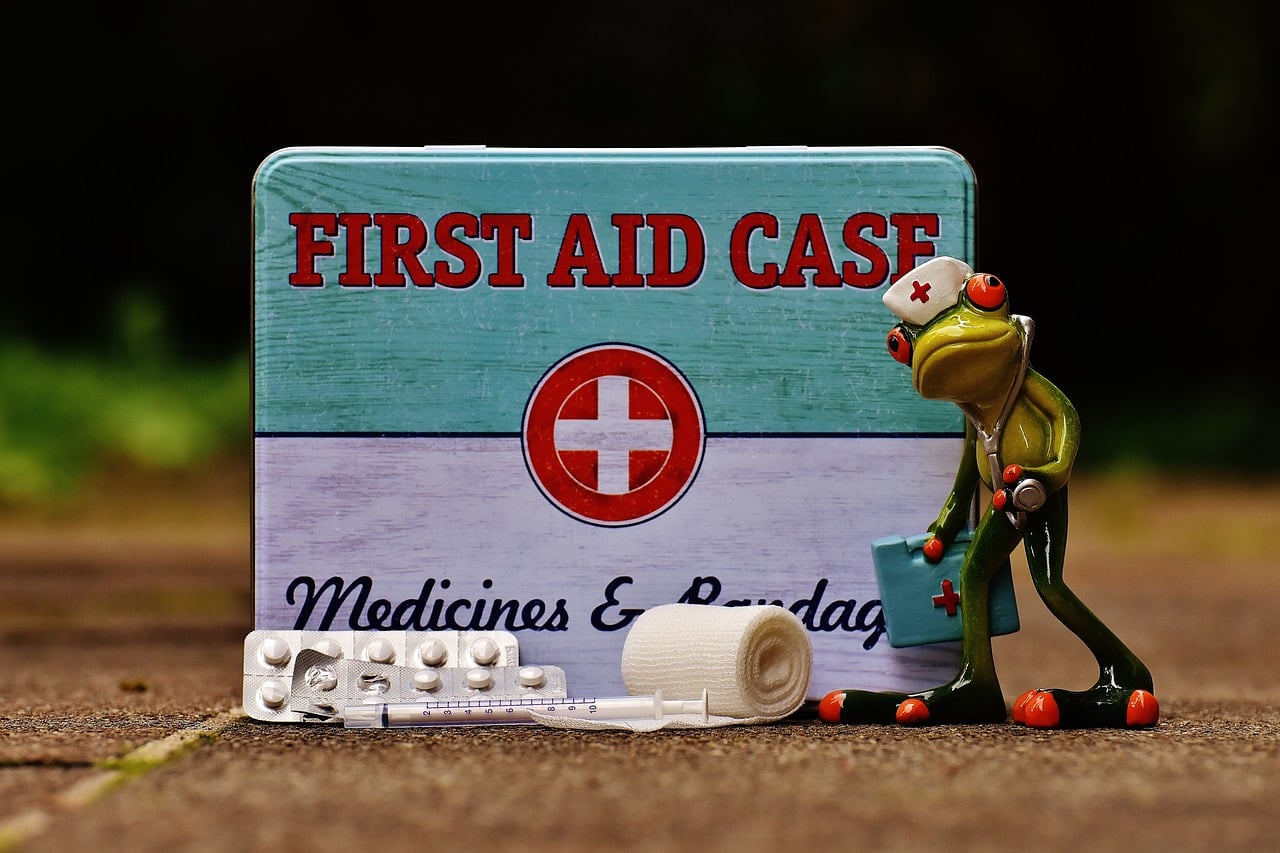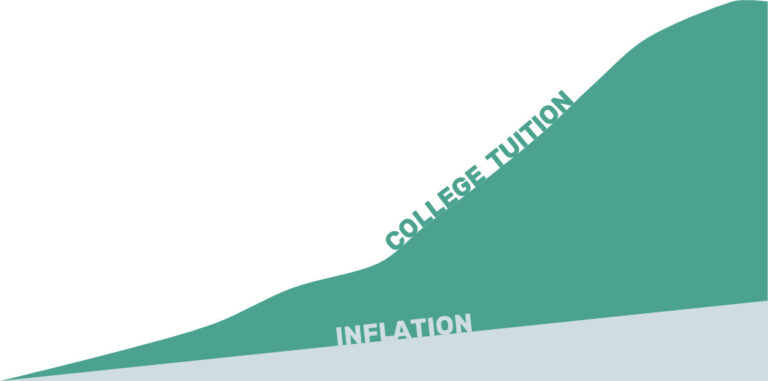How Military Experience Prepares Veterans for Nursing Careers
Military service often requires individuals to take on roles of responsibility and care. This position is not unlike the role of a nurse, which requires strong leadership skills as well as a compassionate heart. With this in mind, it should come as no surprise that many veterans who leave their military service turn to nursing careers. Here are some ways that military experience prepares people for a successful nursing career!
Working Under Pressure
The military is known for its tough training sessions and even tougher real-life experiences that often put people under pressure, and this skill easily translates to hospitals. Plenty of veterans are getting an advanced nursing degree after their service and thrive here because they’ve been through similar situations and know what a cool head means in the middle of it all. The army teaches them to stay calm and think carefully when facing challenging situations.

They learn how to take action quickly in emergencies, so they can provide the best care for their patients. Working under pressure also teaches veterans how to stay organized and prioritize tasks, which are important skills for any nurse. This helps them be successful in their job and give the best possible care in all situations.
Teamwork And Collaboration
Teamwork and collaboration are important for veterans who want to be nurses. Working together helps them get the skills they need. They can learn from each other and help each other understand things better.
Collaborating with others also helps to build relationships that can last for a long time. Veterans will be able to get advice from others who have experience in nursing, which is very valuable when preparing for a career in this field. Working together also encourages creativity, which is important when looking at different solutions to problems that arise during their training. By working together, veterans can make sure they are prepared and ready for their new careers as nurses.
Life-saving Skills
The military is also known for teaching its graduates how to save a life in multiple different ways. These are the following:
- trauma assessment and triage
- hemorrhage control
- airway management
- CPR
- intravenous access and fluid resuscitation
- emergency medical procedures
- basic surgical skills
- management of fractures and dislocations
- combat lifesaver training
- medical evacuation and transport
Life-saving skills teach veterans how to use their knowledge and experience to help people who are in danger or hurt. Veterans learn how to respond quickly in emergency situations and how to care for people who need medical attention. This gives them the confidence they need to become nurses and take care of patients when they need it most.
Attention To Detail
Attention to detail helps them pay attention to all the little things that could make a difference in their care of patients. For example, they must be able to recognize signs of illness and how to respond quickly and accurately. They must also understand medical terminology so that they can effectively communicate with doctors, nurses, and other healthcare personnel. Attention to detail allows veterans to be aware of any changes in patient conditions so that they can provide the best possible care for their patients.
Veterans need attention to detail when it comes time for them to take tests or exams related to nursing as well. By being able to focus on details such as dates, information about drugs and treatments, or proper protocols for certain procedures – veterans will be better prepared for success on these tests which will help them progress further in their nursing careers.
Discipline And Time Management
Discipline helps them stay focused on their goals and work hard to achieve them. With good time management, veterans can plan out their days, weeks, and months so they can be efficient with their studies and make the most of every minute.
This ensures that they have enough time to take care of all the tasks needed in order to become a nurse. Time management also teaches veterans how to prioritize tasks so they know which ones need to be done first or taken more seriously. All these skills help veterans prepare for a successful nursing career.
Leadership Skills
Leadership skills help veterans learn how to manage tasks and work with others. They can use these skills to be better organized, be good communicators, and make decisions well. Leadership skills also help them understand how different people work together in a team, which is important in nursing careers.
Veterans who have leadership experience can lead their fellow nurses and patients more effectively, leading to improved patient care outcomes. Additionally, leadership helps veterans develop problem-solving and critical thinking abilities that will help them provide the best care possible for their patients.

If you’re a veteran looking for the perfect career, nursing may be just what you need. With military experience comes many skills that will help you excel in this field, such as working under pressure, teamwork and collaboration, life-saving skills, attention to detail, discipline and time management, and leadership abilities. All these qualities are essential when it comes to becoming successful in your nursing career, so don’t hesitate to take advantage of them!






